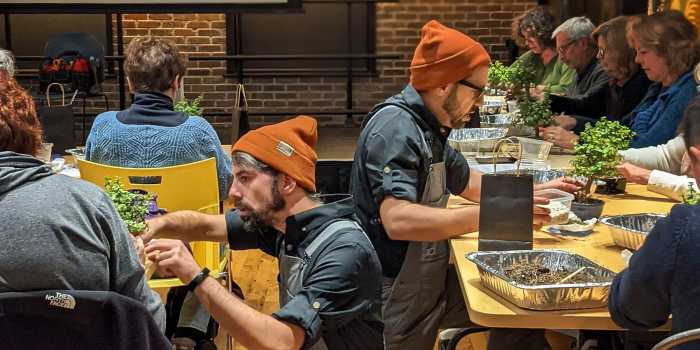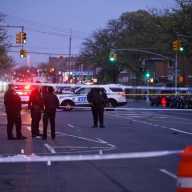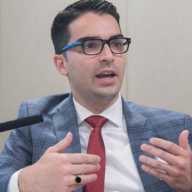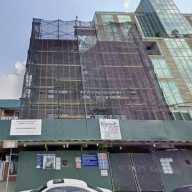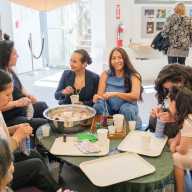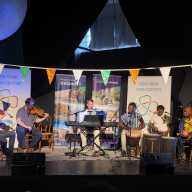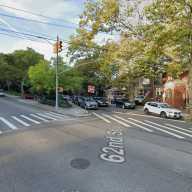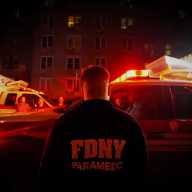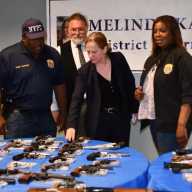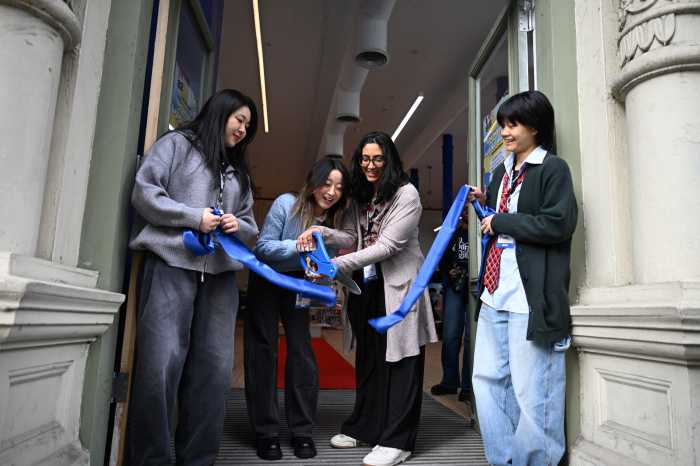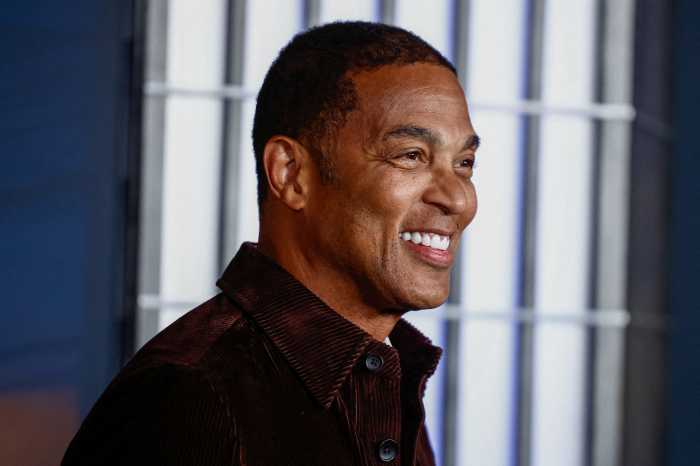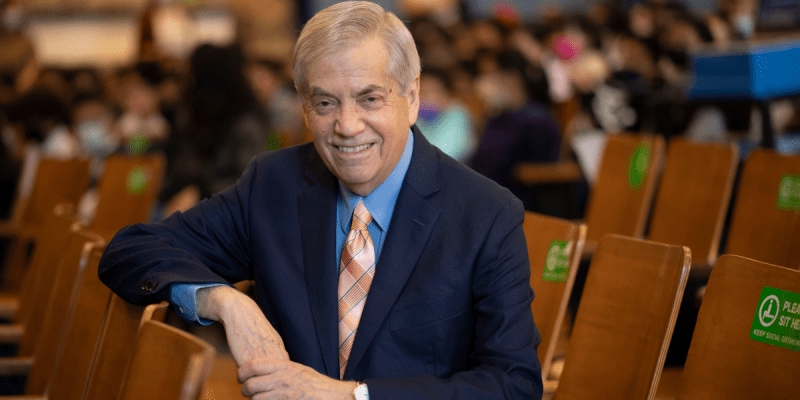Fourth grader Victoria “Vicky” Milord loves Sacred Heart School in Cambria Heights, the school she enrolled in after the earthquake in Haiti.
Vicky, who before the January 12 killer quake lived with her maternal grandmother while she attended a boarding school in Port-au-Prince, arrived in New York City on January 19 in time to celebrate her 10th birthday. Her mother Rose-May Milord, however, decided to keep Vicky home until February to give her time to adjust, and give herself time to choose a school.
“She loves it,” Milord said about Sacred Heart. “She’s adjusting well, but I will say that at times it comes back.”
The “it” that comes back, according to Dr. Jaime Carcamo, a clinical psychologist in Queens, is the intrusive and distressing memories of the event – in this case the earthquake – and the hyper vigilance where individuals expect something to happen again and do not feel safe anywhere. He said Haitians anywhere can have these feelings.
Fortunately for Vicky, the five other students to arrive from Haiti and also enroll at Sacred Heart and the scores of children who have – or had – relatives in the nation, at the Catholic school counseling is just a “raised hand” away.
“We are very fortunate to have social workers and a partnership with St. John’s,” said Sacred Heart Principal Ivonne Smith, adding that some children with relatives in Haiti have asked to speak to the counselors. “It’s a matter of being there for the children.”
Smith referred to the work that Dr. Renee Clauselle, director of School-based Mental Health programs at the Center for Psychological Services at St. John’s University, had set up at the school. Sacred Heart has had a partnership with Clauselle’s School Affiliate Program for the past four years and psychologists would visit the school at least twice a week. Since the earthquake, however, Clauselle’s team has been there everyday.
“We do know that the children speak to each other and make comments,” said Smith. “The children that were here and saw the television [images] and the news reels, they have concerns especially if they have relatives there. It’s nerve wrecking.”
Clauselle explained that usually kids don’t have an opportunity to talk about how they feel and do it in a way that keeps their routine at school, so they act out. “It’s an anxiety issue they have,” said Clauselle.
“What’s really important during trauma is that the authority figures, who are watching over the kids, keep them in a normal routine,” said Clauselle. “They need to do whatever they can to make them feel safe.”
In addition to the counseling at Sacred Heart, both children and adult Haitians in the community have taken advantage of the counseling at the organization Haitians-Americans United for Progress (HAUP) on Linden Boulevard in Cambria Heights, who, according to its Executive Director, Elsie St. Louis Accilien, has had step up its services.
“HAUP has had no choice. People just come through the doors because we have a physical location,” said Accilien. “We have made more counseling available if they need it … Since January 12, our life changed dramatically.”
Though Vicky hasn’t manifested any signs of trauma in school, according to Milord, Milord described an instance on Friday, February 19 when the two sat down to eat at a Panera food restaurant in Long Island. That particular location had walls made of stone and Vicky asked her, “Mommy are they real or are they plastic?”
“I touched them before I told her – and I probably shouldn’t have told her – but I told her they were real,” said Milord. “Vicky then said, ‘If we had an earthquake in the restaurant right now, would we get buried under it?’”
Milord has tried to reassure her daughter the best she could, like during another time when the wind blew into the dining room and startled Vicky. Vicky said that it was the type of wind that came before the earthquake in Haiti.
“I pulled her towards me and hugged her,” said Milord. “I told her that she’s safe with me.”






